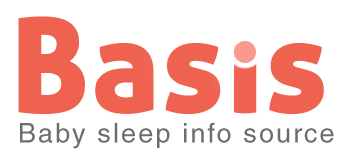Sleep Products, Aids & Devices
Sleep Products, Aids & Devices
With the commercialisation of infant care practices, a wide variety of products have been developed, some of which are heavily marketed to parents. Among these are products that are promoted as being beneficial for infant sleep, or even as protective, SIDS-reducing, ‘essentials’ that no modern parent should be without! Additionally, some – such as side-car cribs – have been adopted for use in hospitals.
Health professionals and parent support workers are often asked to advise on the benefits or risks of such products, however research is often patchy or non-existent. In this section we review the research evidence pertaining to some of the most commonly used or recommended ‘aids’ – bed-side (side-car) cribs, dummies (pacifiers), swaddling, baby sleep bags, and slings for day-time sleep.
In addition to infant safety, sleep aids can provide much-needed restbite for parents as well! If sleep aids do help promote sleep and prevent nighttime crying, there are positive results for both parents and babies. Less infant crying creates less salivary cortisol, a strong positive indicator of parental sleep and overall well-being.
Cortisol, a “stress hormone”, has been linked to damaging impacts in infants during this critical stage of brain development (Gunnar & Quevedo, 2007). Theoretically sleep aids that successfully promote sleep could have positive long-term impacts, but this has yet to be proven.
▸ Bedside cots, side-cars & clip-on cribs
▸ Dummies (pacifiers; soothers)
